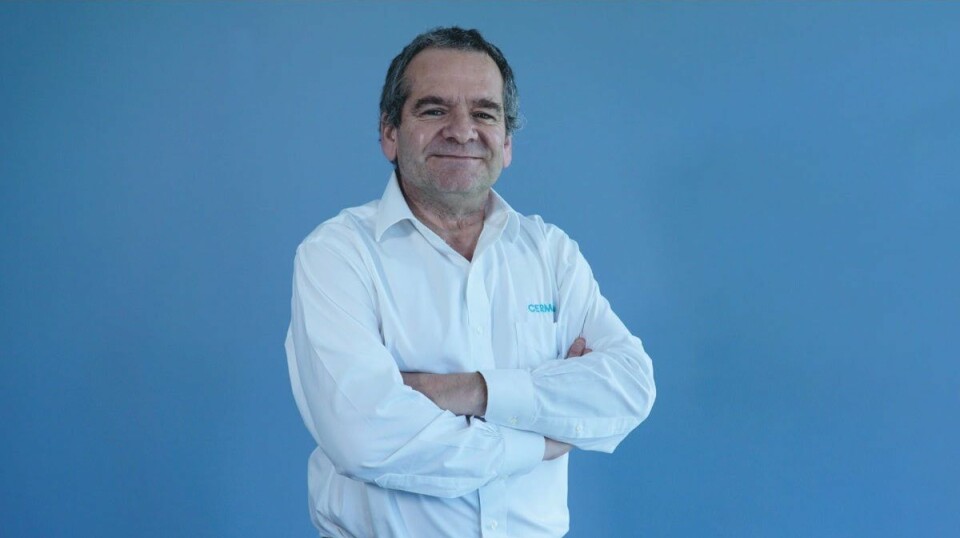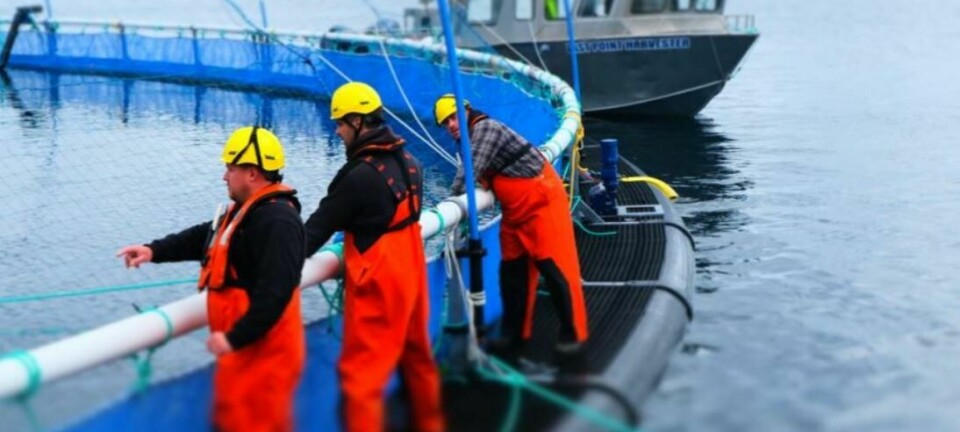
Offshore salmon farming rules will influence land-based production in Chile
Chilean demand will be for post-smolts, not food fish, says Pedro Courard
The incoming chief executive of Florida salmon farmer Atlantic Sapphire, Pedro Courard, says the number of land-based systems for post-smolt in his home country of Chile may increase. But he doesn’t believe there would be gains in Chile’s farmers moving on to land to grow harvest-sized fish like the company he will soon lead.
“As regulations change and allow for better management of offshore production capacities, the production of larger post-smolts on land should expand in Chile,” said Courard, formerly general manager of in-sea salmon farmer Cermaq Chile.
“In other words, if a model more similar to that existing in Norway can be followed, it will make a lot of sense to increase the size of the post-smolts. In relation to the production of the complete salmon cycle on land, at the moment I do not see great advantages in Chile to develop these types of projects.”
Filling the gap
But he does see land-based salmon farming as important in filling the gap between stagnating in-sea production and growing consumer demand, he told Fish Farming Expert’s Norwegian sister site, Salmonexpert.cl.
“Based on what has been seen in recent years, traditional salmon farming seems to be reaching a state of maturity where the prospects for growth or increased supply, at least with current technologies, are limited. On the other hand, global demand has followed a growing pattern,” said Courard, who starts his new role at land-based Atlantic Sapphire on August 1.
“These two elements, lower growth in supply and greater increase in demand, are opening space for other types of crops to begin to fill the existing gap. From that point of view, I have no doubt that land-based salmon farming is the option with the greatest future. It is, moreover, a technology that has currently been validated.”
More plusses than minuses
Asked about the advantages and disadvantages of farming salmon on land, he said: “The main advantages are the possibility of producing close to the destination markets, thus reducing the costs and impact of the freight involved and of course, greater control from the point of view of the productive variables, the practically zero environmental impact as well as the control of pathogens, the absence of predators and escapes.
“I believe that the only disadvantage is related to the investments involved in a land-based farming project, investments that however can be more than compensated by the advantages already mentioned.”






















































